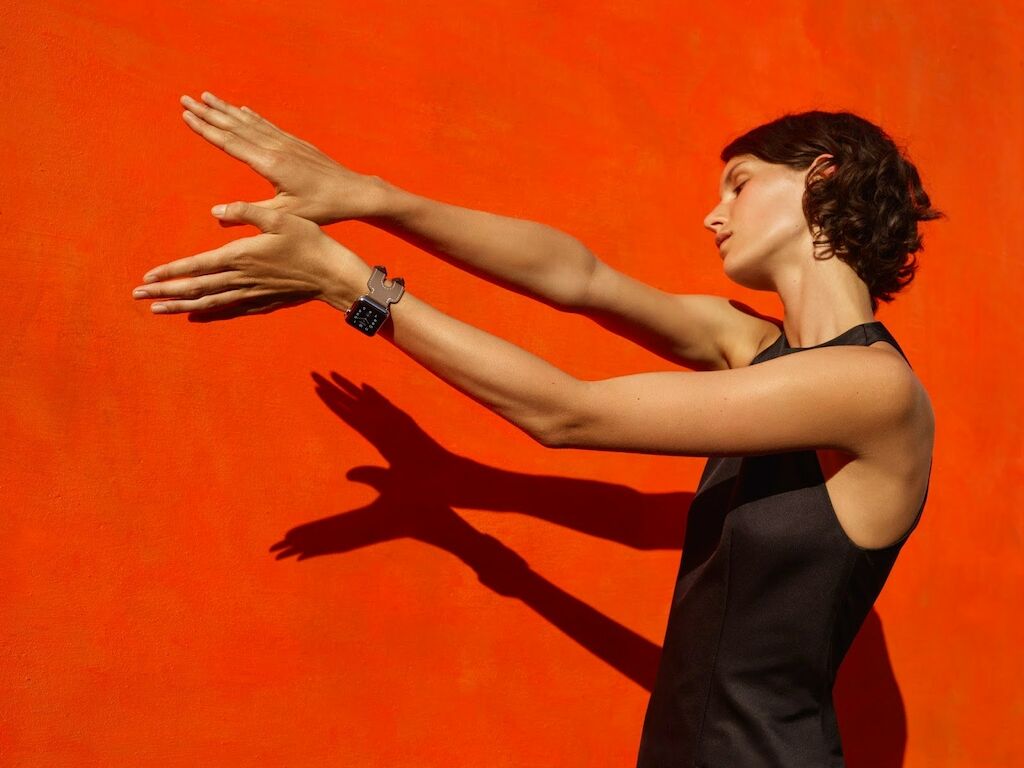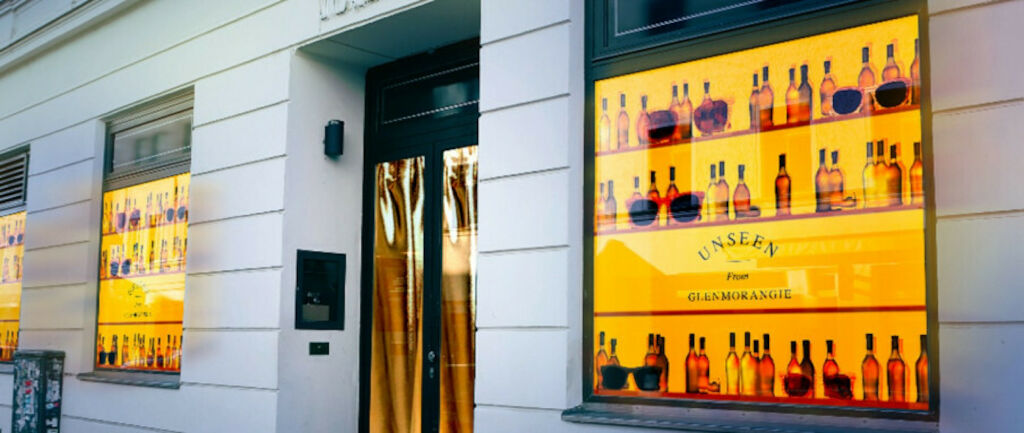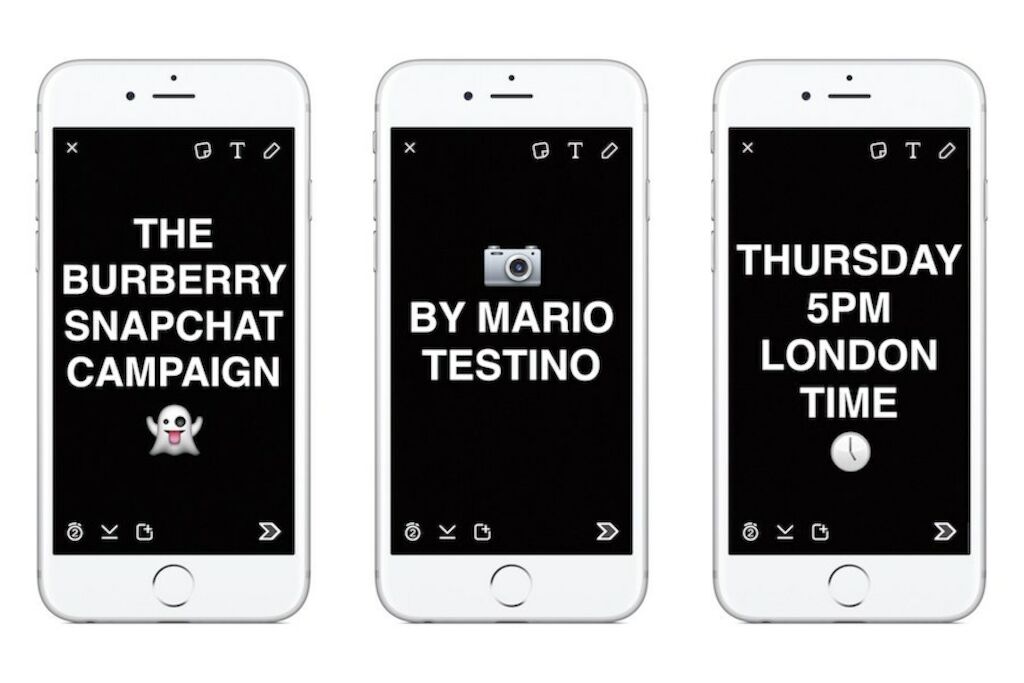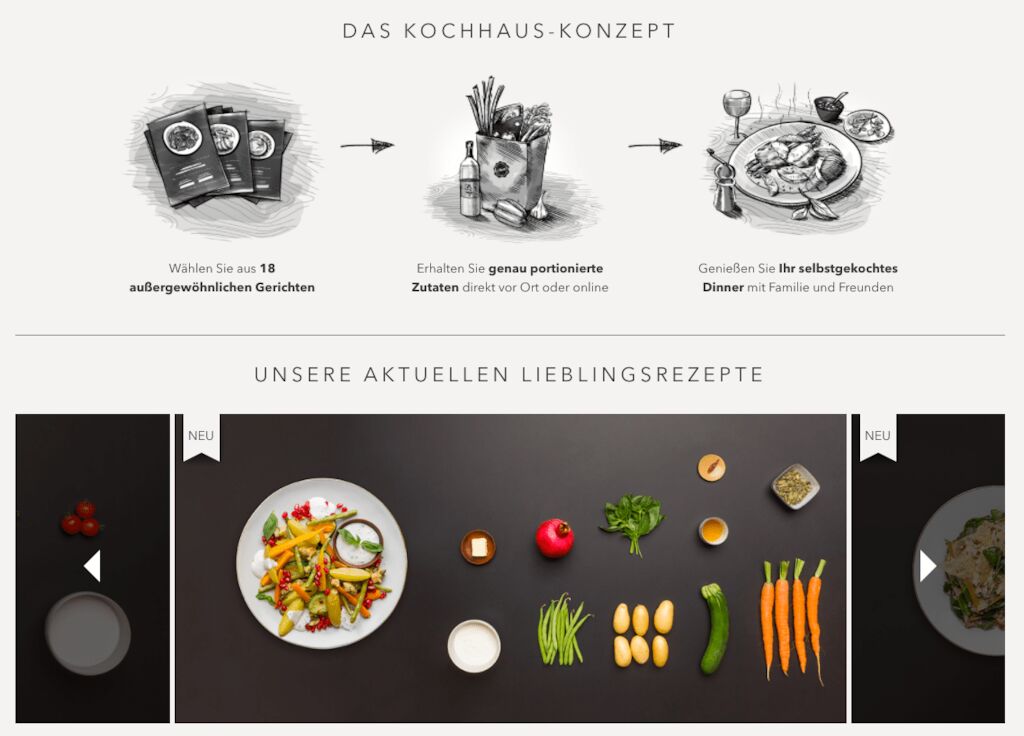There are three main myths about luxury that need to be discussed. One is the common misconception that luxury comes from the Latin word lux, or light, when in fact it comes from the term luxation, or dislocate. Luxury is not about glitter, shiny, and bling but about distance: it is about a product or a service accessible to the happy few.
There is also a geographical myth about luxury. Even though France has been proclaimed the leading country for luxury goods, with about a quarter of the global luxury market share (source: Deloitte, Global Powers of Luxury Goods, 2016), any culture can produce luxury, from Spain to China and from Brazil to South Korea.
Last but not least, there is no eternity or heritage in luxury. Luxury is always relative to an epoch, and its perception changes regarding time.
So what’s coming up next in the luxury market?
Beyond Excellence, Luxury Seeks Exclusivity
After an era of luxury democratization, one sees multiple high-end brands going back to basics and reconnecting with what originally forged them: exclusivity and ultra-exclusivity. In the meantime, a new class of luxury consumer is emerging, with an eye for subtle, understated quality and greater sophistication. Consumers are moving away from ostentatious high-end brands and re-engaging with inconspicuous brands that share the same emotional values. Even in China — the world’s biggest luxury market thanks to its booming middle-class — elites are turning their noses up at brands such as Louis Vuitton and Gucci as those brands explode in popularity with the masses. Brands are thus focusing on VIP access and exclusive behind-the-scenes storytelling in order to appeal to a luxury consumer in seek of covert and niche consumption.



